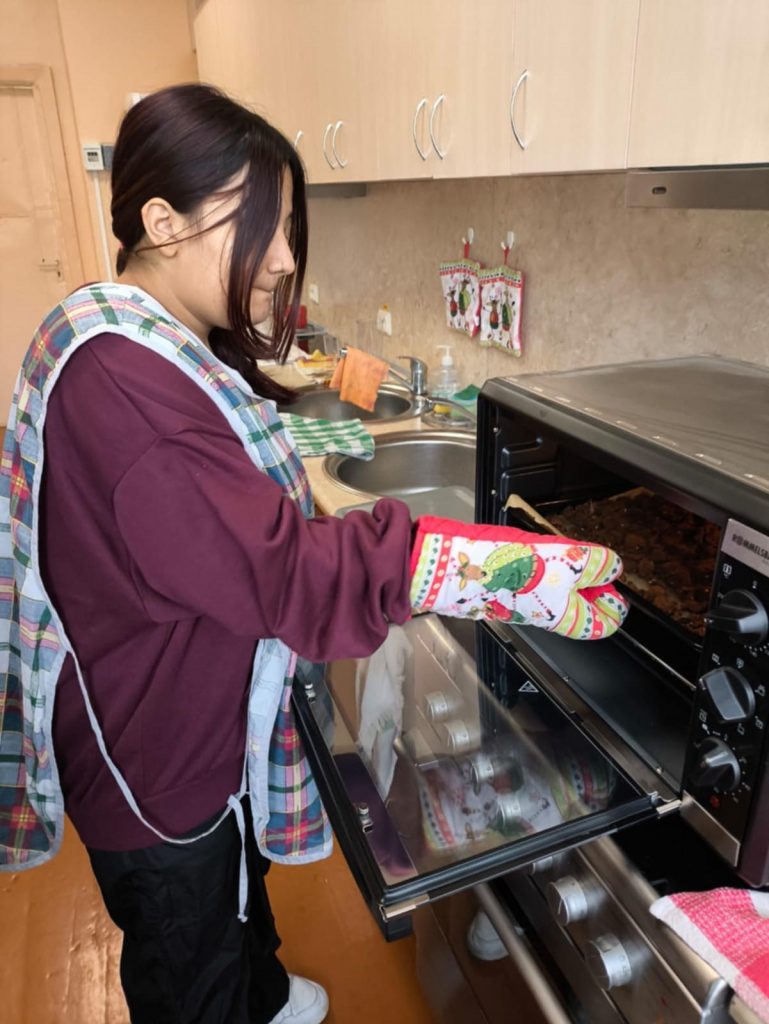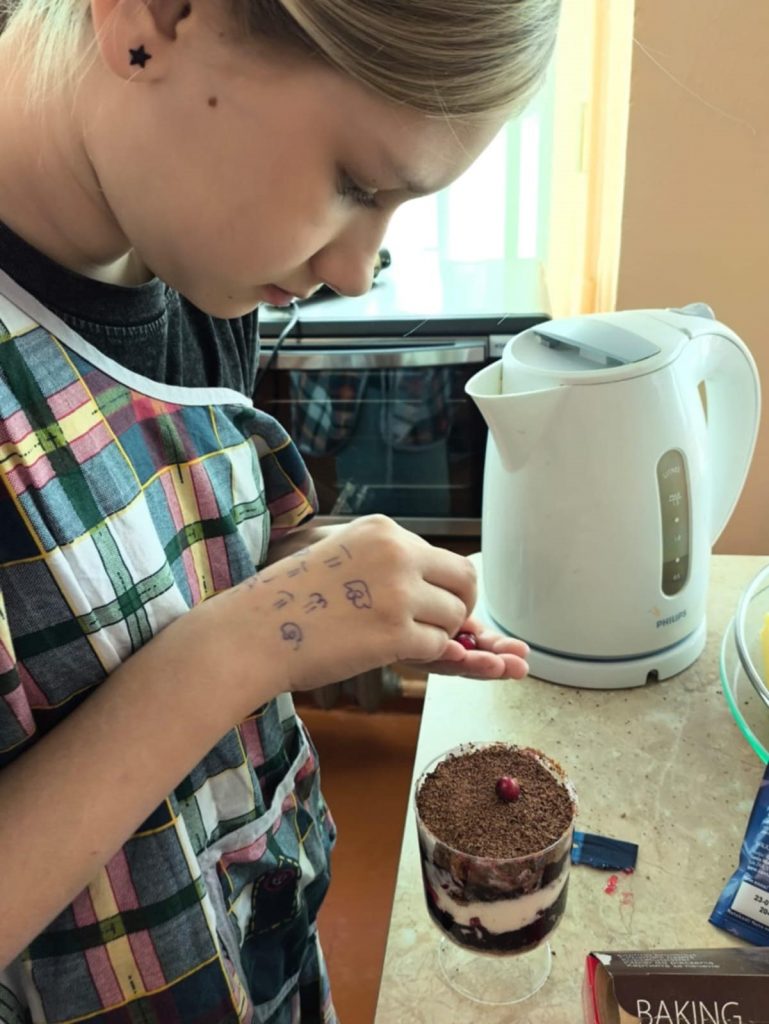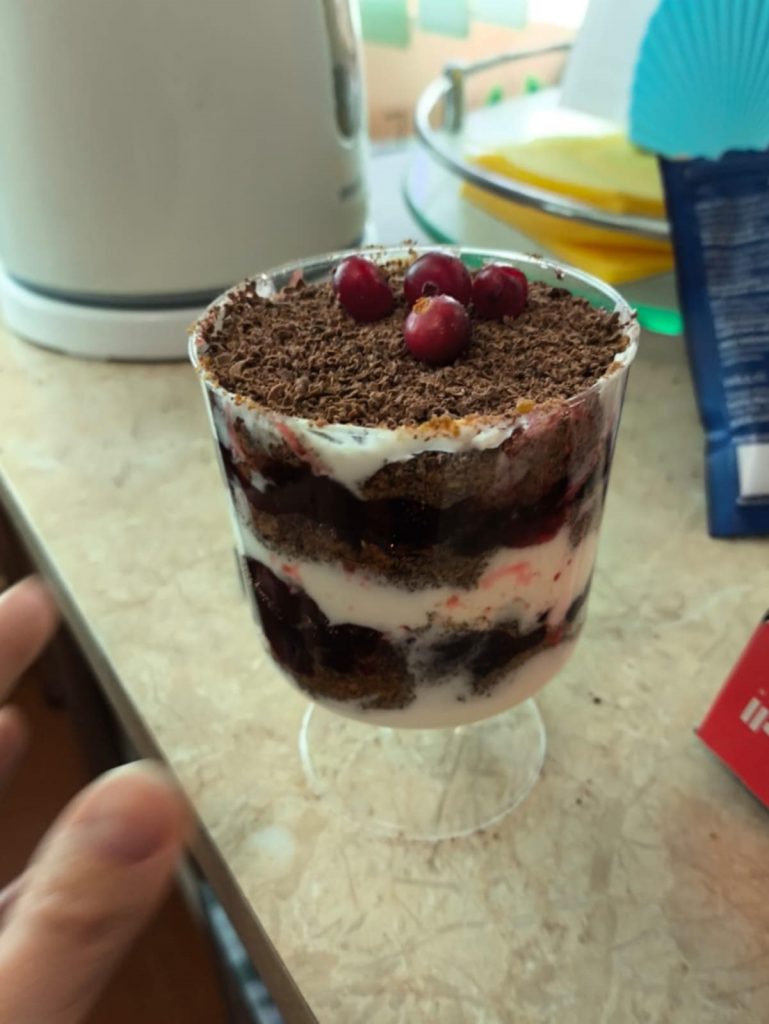On April 8, 2025, the second case study “Learn from Ancestors to be Open and Self-Confident in the Future!” workshop was held in Daugavpils Secondary School of Opportunities for the development of pupils’ cultural understanding, creative self-expression and critical thinking skills within the framework of the “Horizon Europe” project “The Value of Cultural Literacy in Europe” (CLiViE). The aim of the case study is to find out how creative collaboration in craft workshops, led by professionals, can expand pupils’ knowledge of traditional Latvian crafts and cultural values, as well as promote their interactive skills and respect for the “other”. To achieve the goal of the case study, in close cooperation with the school management and teaching staff, the 5th-grade pupils were selected as the object of research, which corresponds to the age group “10–13 years” and is distinguished by its multinational composition.
The second case study workshop, led by Ginta Vasiljeva, a design and technology teacher at Daugavpils Secondary School of Opportunities, was dedicated to the national cuisine of Latvia. At the beginning of the session, the students were offered a presentation about Latvian national dishes, highlighting their diversity and the main differences from foods in other cultures. Special attention was paid to the rye bread, which the workshop leader offered the students to prepare themselves. The second part of the workshop was devoted to studying the recipe, gathering the ingredients and decorating the rye bread-based dessert. Working in two groups, 24 students from the class eagerly got involved in the cooking process, showing enthusiasm and strong teamwork. They supported one another throughout the process, especially when someone needed a helping hand. At the end of the session, the students set the table and enjoyed tasting their homemade dessert. Most of the children admitted that they had made and eaten a rye bread spread for the first time in their lives, and would probably recreate it for their parents at home. At the end of the session, the teacher invited them to visualise their emotions on the board using the emotional cartography method.
The case study leader, Dr. philol. Oksana Kovzele, a senior researcher at the Institute of Humanities and Social Sciences of Daugavpils University, participated in the workshop and observed its progress.
CLiViE webside: https://www.clivieproject.eu
The project has received funding from the European Union’s “Horizon Europe” Research and Innovation programme under the grant agreement No. 101132285.
Further information:
Daugavpils University senior researcher, Dr. philol. Oksana Kovzele
oksana.kovzele@du.lv
CLiViEProject #agentsforchange














Photo: Oksana Kovzele, Ginta Vasiļjeva